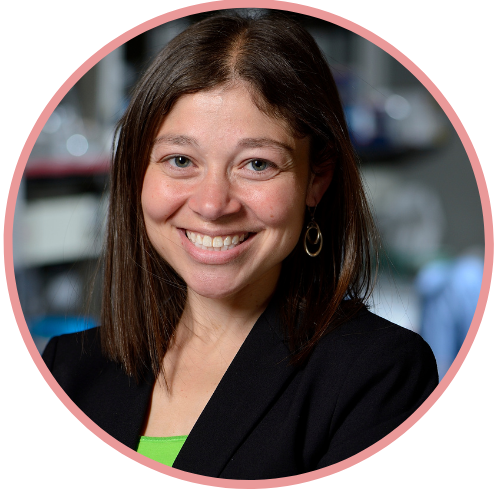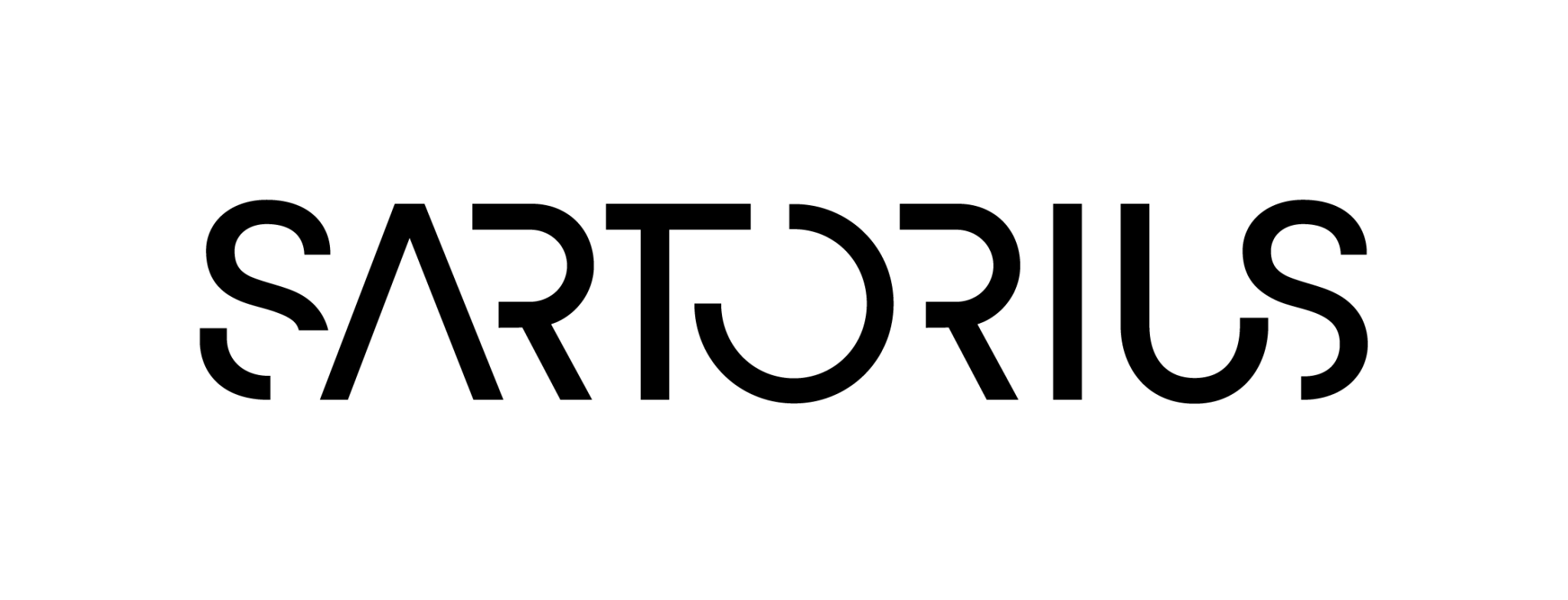Panel Discussion: Antibody discovery
In this Panel Discussion we assemble experts from across the spectrum of cancer research to explain how they use these techniques in their research, provide key tips for best practice when using them and troubleshoot any challenges that can arise with their use.
The past decade has seen an explosion in the number of antibody therapeutics being developed for a range of diseases, including cancer, Alzheimer’s and infectious diseases. Antibody discovery is a crucial first step in developing antibody therapeutics. Large numbers of antibodies are screened and assessed for their therapeutic potential; these programs rely on high-throughput technologies to quickly identify candidates.
In this Panel Discussion, join experts in antibody discovery as they discuss how the field has developed over the past 10 years, the technologies that are driving those developments and what we can expect to see in the future.
What will you learn?
-
The high-throughput technologies being utilized for antibody discovery
-
How artificial intelligence is being used in discovery programs
-
What the future holds for antibody therapeutics
Who may this interest?
-
People carrying out antibody discovery programs
-
People developing antibody therapeutics
-
People wanting to learn more about antibody discovery
Panelists

Nicola Bevan
Manager of Cell Imaging Applications
Sartorius (Stevenage, UK)
Nicola Bevan is a Manager of a Cell Imaging Applications Group, working within the European based BioAnalytics research team at Sartorius. She is involved in the research and development of novel kinetic applications for the iQue® Advanced Flow Cytometry Platform and for Incucyte® Live-Cell Analysis Systems, expanding their capabilities. Nicola is a cellular pharmacologist with more than 25 years of experience. She has worked within the pharmaceutical and biotechnology industries, where she has gained experiences in a large pharmaceutical industrial screening department (GSK) and has supported early drug discovery programs.

Tim Jenkins
Assistant Professor
Denmark Technical University (Copenhagen, Denmark)
Tim Jenkins is an Assistant Professor at Denmark Technical University and leads the Digital Biotechnology Lab. He is passionate about utilizing modern technology to revolutionize the biotechnological field and create practical solutions that benefit society. Tim’s research concentrates on investigating and comprehending protein-based binders, such as antibodies, nanobodies and DARPins, through display technologies. He also employs big data and artificial intelligence to accomplish these objectives, which include both fundamental inquiries, such as uncovering the central rules governing binder–target interactions, as well as translational efforts, such as identifying cost-effective treatments for infectious and/or neglected tropical diseases, such as snakebite envenoming.

Lydia Fenn
Scientist
LifeArc (Stevenage, UK)
Lydia is a scientist in the Biologics Discovery and Development team at LifeArc Stevenage. She has experience of working on both antibody humanization and antibody discovery programs. Her antibody discovery initiatives have focused on enhancing platform capabilities to successfully deliver high-quality biological therapeutics to support LifeArc’s portfolio for the benefit of patient healthcare. Prior to joining LifeArc, Lydia worked for the cell engineering team within R&D at Lonza Cambridge (UK) on optimizing CHO cells. During her masters at the University of Bristol (UK) she developed a new model of Alzheimer’s disease–Downs syndrome by overexpressing DYRK1A and tau in Drosophila to test a novel treatment for the reversal of disease. She has also focused research on optimizing the transfection of triple negative breast cancer cells using GFP plasmid and PEI reagent analyzed by flow cytometry during her degree at the University of the West of England (Bristol, UK).

Jamie Spangler
Assistant Professor and Principal Investigator
Johns Hopkins University (MD, USA)
Jamie Spangler earned a Bachelor of Science degree in biomedical engineering at Johns Hopkins University and went on to earn a Ph.D. in biological engineering at the Massachusetts Institute of Technology (MA, USA). After completing a postdoctoral fellowship at Stanford University School of Medicine (CA, USA), Jamie launched her independent research group at Johns Hopkins University in July 2017, jointly between the departments of biomedical engineering and chemical & biomolecular engineering. Her lab, located in the Translational Tissue Engineering Center at the School of Medicine, applies structural and mechanistic insights to re-engineer existing proteins and design new proteins that therapeutically modulate the immune response. In particular, her group is interested in engineering immune molecules such as cytokines, growth factors and antibodies for targeted treatment of diseases such as cancer and autoimmune disorders.
This webinar was recorded on Wednesday 24 May 2023
